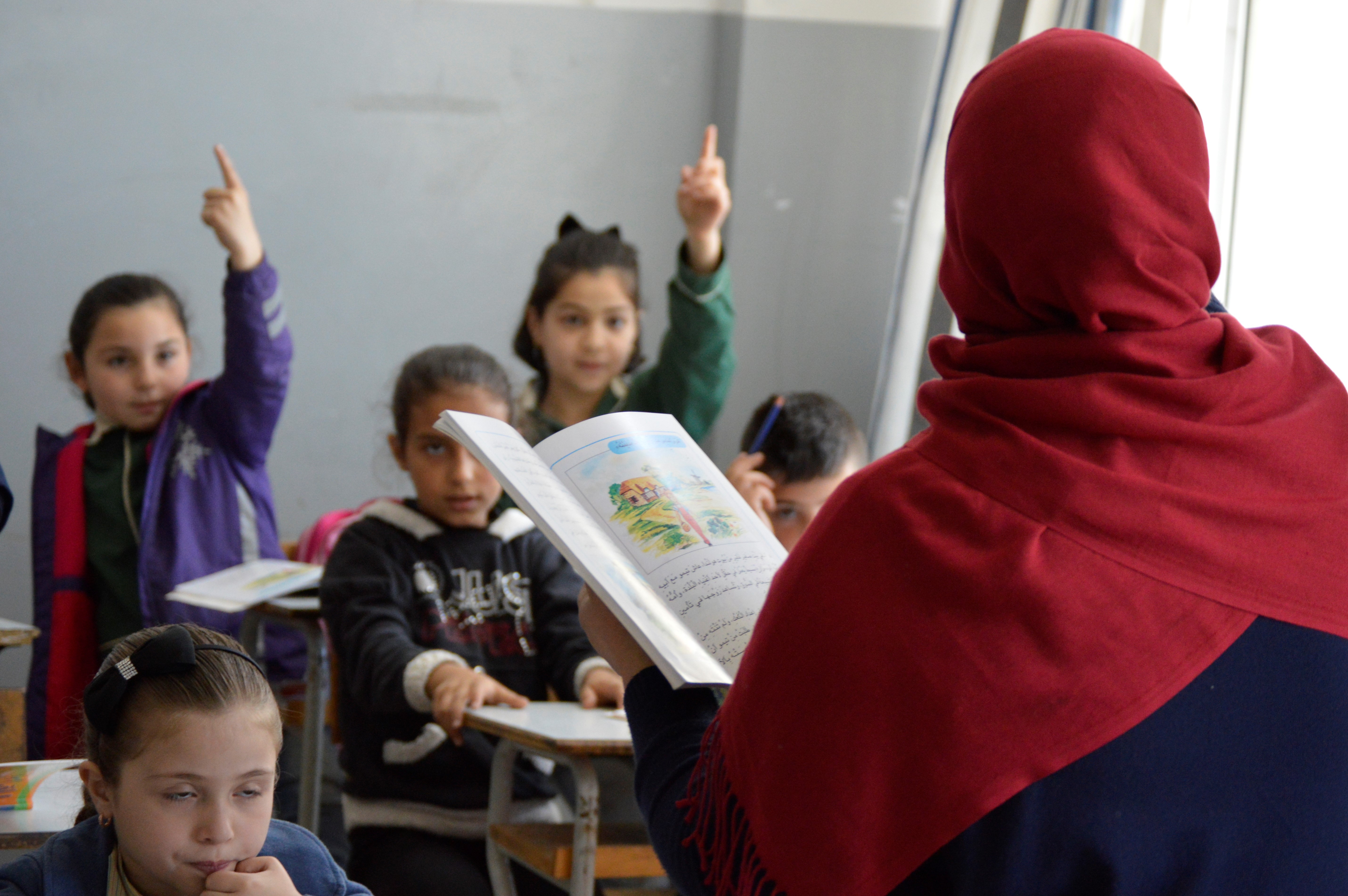-
What We Do
- WHERE WE WORK
-
About Us
 Welcome Message from Carol Jenkins
Welcome Message from Carol JenkinsFor more than 90 years, World Learning has equipped individuals and institutions to address the world’s most pressing problems. We believe that, working together with our partners, we can change this world for the better.
On my travels, I’ve had the opportunity to meet with many of those who have joined us in this mission. In Baghdad, we’ve trained more than 2,300 Iraqi youth who are already giving back at home. In London, our partners in the TAAP Initiative strongly believe that we are all responsible to practice inclusion. And in Vermont, our Experiment in International Living and School for International Training participants prove every day that they have the tools and the determination to change the world.
Please join us in our pursuit of a more peaceful and just world.
- Get Involved

Where We Work > Program List
Teaching Struggling Readers Around the World Massive Online Open Course (MOOC)
DURATION: 10/07/2018 - 11/24/2019
FUNDER: The Chinese University of Hong Kong
PARTNER: The Chinese University of Hong Kong
CONTACT: [email protected]
Program Description
The Teaching Struggling Readers Around the World Massive Online Open Course (MOOC) explored how children learn to read and shared techniques for helping kids to read successfully.
World Learning and The Chinese University of Hong Kong developed this free self-paced literacy course with a grant from the Project Impact Enhancement Fund of The Chinese University of Hong Kong.
Teaching Struggling Readers Around the World provided a practical orientation to assist children in reading better, regardless of their writing system or language. It offered techniques tailored to individual needs, including training to address or prevent reading difficulties, tips for vocabulary building, and creating enjoyable, evidence-based activities for reading. Participants also had the opportunity to share ideas with teachers and stakeholders worldwide. Course materials were presented in simple, easy-to-understand English and were complemented with videos.
Program Goals
Upon completion of this course, participants were able to
- Apply evidence-based teaching methods in classes or in family contexts.
- Understand basic linguistics concepts and fundamentals of learning to read in different cultural contexts.
- Identify, test, and train cognitive skills that facilitated reading development in struggling readers.
- Promote story reading and vocabulary learning in children of different levels.
Program Impact: Course Analysis Reports
Want to know how this course has impacted participants? Read the Teaching Struggling Readers Around the World Analysis Report, March-April 2019.






